On February 29, 2016, 14-year-old James Austin Hancock shot two of his fellow students at Madison Jr/Sr. High School in Middleton, Ohio. Fortunately, both victims survived the attack, 14-year-old Cooper Caffrey among them.
Cooper remembers eating chicken nuggets in the cafeteria, then falling to the ground, while his fellow students ran away in the chaos of gunfire. The incident would become among the more obscure school shootings, not making the cut for the national news. But when 17 were killed at Marjory Stoneman Douglas High School in Parkland, Florida on February 14th of this year, he felt as many others did: enough was enough.
So Cooper made the decision -- against the wishes of his school's administration -- to join the National School Walk-Out that took place on March 14. Along with forty or so of his fellow students, he walked right past the cafeteria where he had been shot two years earlier, and participated in the walk-out.
As a result, Caffrey and the other students who participated that day received detention as punishment. This was not unusual, other schools threatened disciplinary action if students walked out on both March 14 and April 20th.
And as Cooper’s father Marty explained on Facebook, that's just fine with him:
“The whole purpose of a walkout is to protest against an establishment. I do not expect the establishment to support the walkout. He’s always hated the attention from all of this. I know that he really just wanted to pretend that day never happened."
The initial walkout following the Parkland shooting was originated by EMPOWER, the youth branch of the Women’s March. While many schools allowed students to participate in the 17-minute protest, other schools opted to punish students for exercising their First Amendment rights. Consequences ranged from docked grades to detention and suspension. One school district in Texas threatened a three-day suspension to any student who participated in the protests.
However, while those students do have a First Amendment right to protest, many argue that students are not immune from school driven consequences.
According to Vera Eidelman, a fellow at the American Civil Liberties Union, schools can legitimately punish students for missing class, even if it is to participate in a walkout. “But what the school can't do is discipline students more harshly because they are walking out to express a political view or because school administrators don't support the views behind the protest,” she said.
Therefore, detention and suspension in response to skipping class would be a reasonable publishment. That doesn't mean, however, that punishing students for participating in a walkout in response to our nation's continuing involvement with school shooting and gun violence is ethical. A harmful precedent could be set for future students who exercise their First Amendment rights.
Not all students opted to exercise their right to protest. In one instance, only one student out of 700 at Wilson Preparatory Academy in Wilson, North Carolina opted to participate in the walkout. Justin Blackman was disappointed that no other students participated with him.
In a video uploaded to Twitter, Blackman addressed his disappointment. "Umm... hello Twitter, there's going to be like six people watching this hopefully. It's National Walkout Day, I'm the only one from my school out here."
[embed]
[/embed]He later told CNN that he appreciated that his school did not punish him for choosing to walk out. In fact, some school officials even congratulated him.
"Now, I truly know that one person is all it takes," he says, reflecting on the experience. "No matter the age, skin color, gender—it doesn't matter,” he told CNN.
Many people vocalized support for National Walkout Day Twitter, including Kerry Washington, the star of Scandal. In her tweet, Washington simply stated:
Dear Students,
I stand with you. I support you. #NationalWalkoutDay
[embed]
&ref_url=http%3A%2F%2Fwww.nwitimes.com%2Fnews%2Fnational%2Ftwitter-reacts-to-student-protests-on-national-walkout-day%2Fcollection_dab20658-94e7-5727-b839-65687531c088.html[/embed]While participating in the walkout nationwide was palpable and significant, it is the schools’ responses to these kinds of protests which is a more accurate trajectory for the terse state of the American political climate.


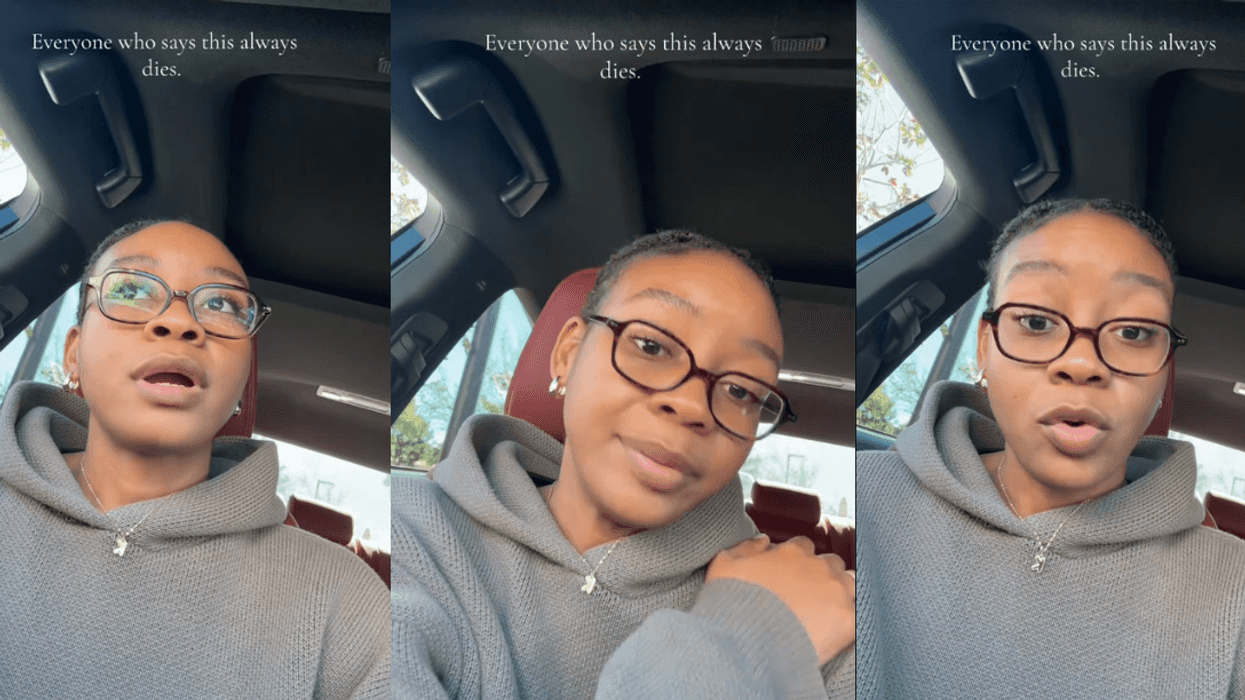

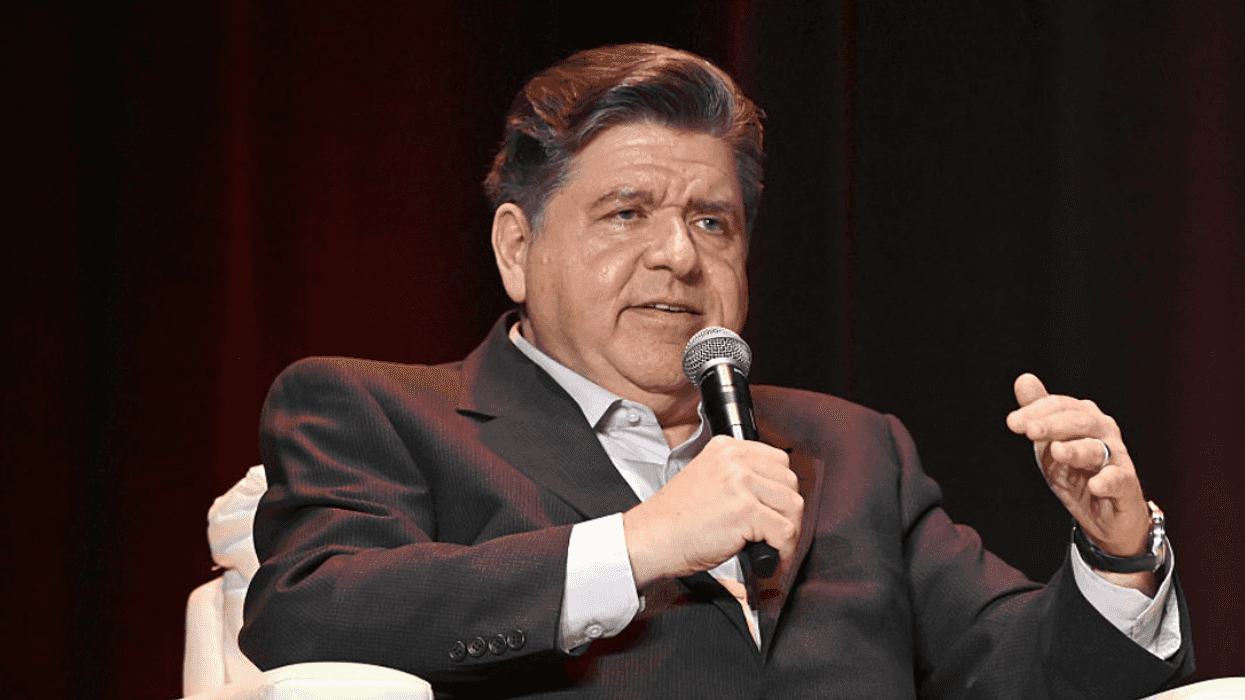
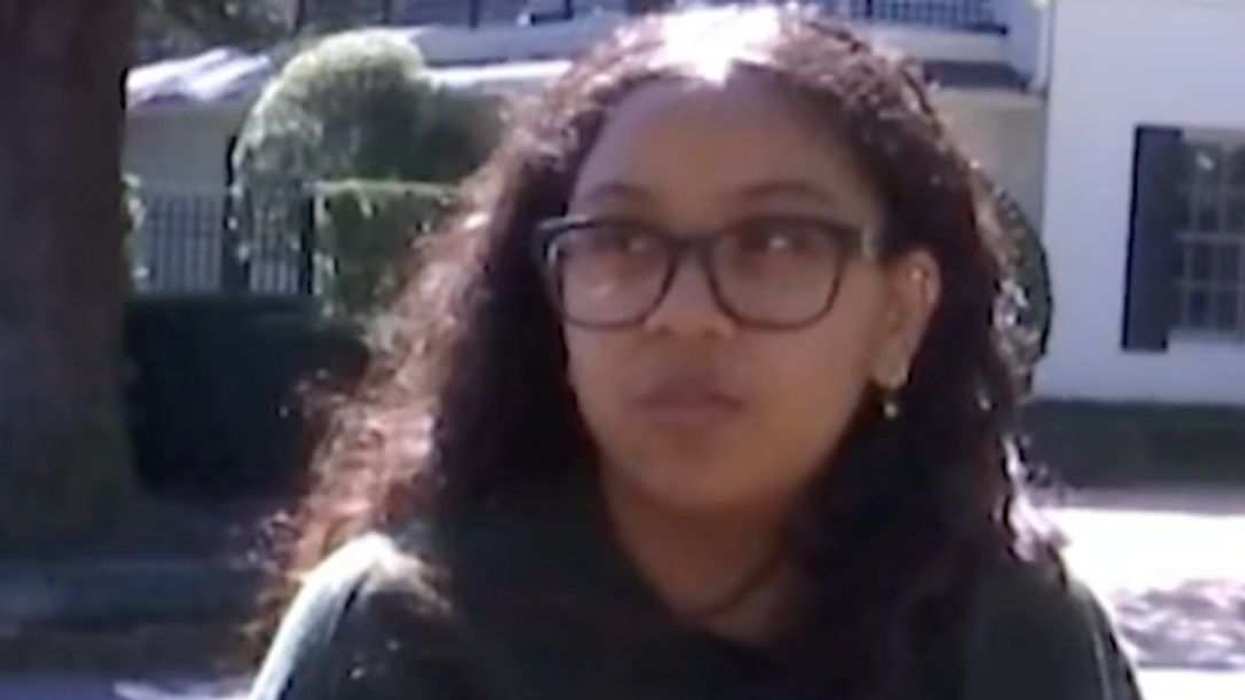
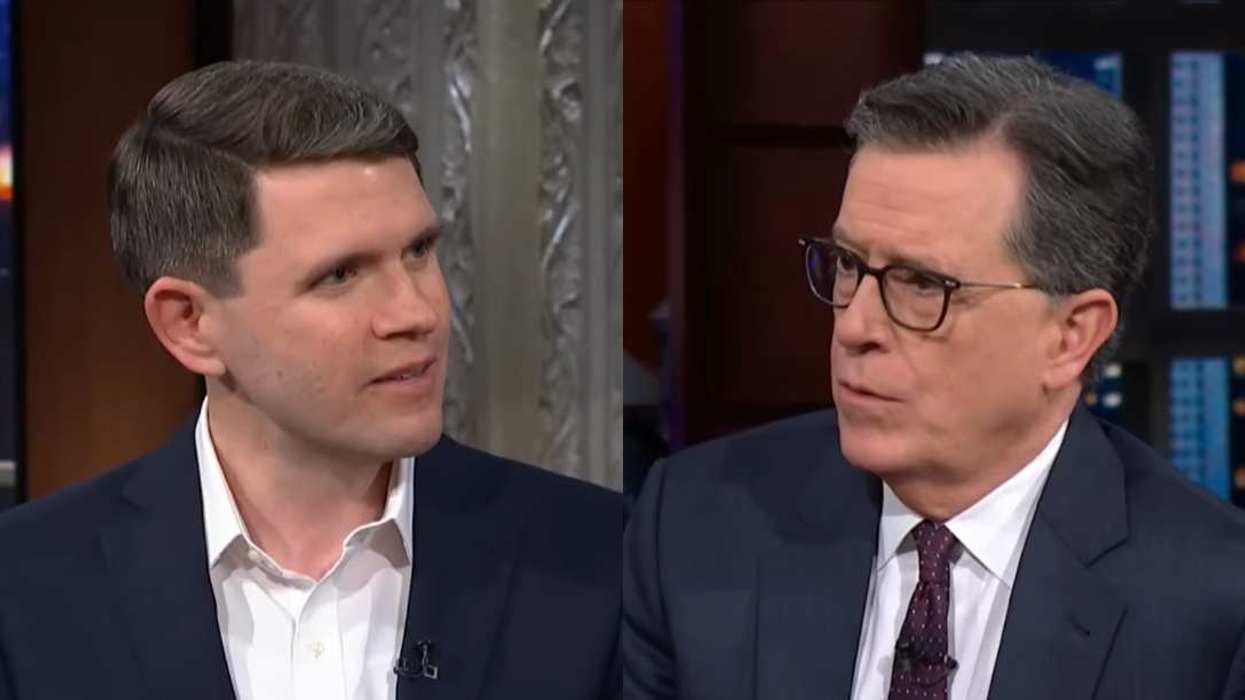





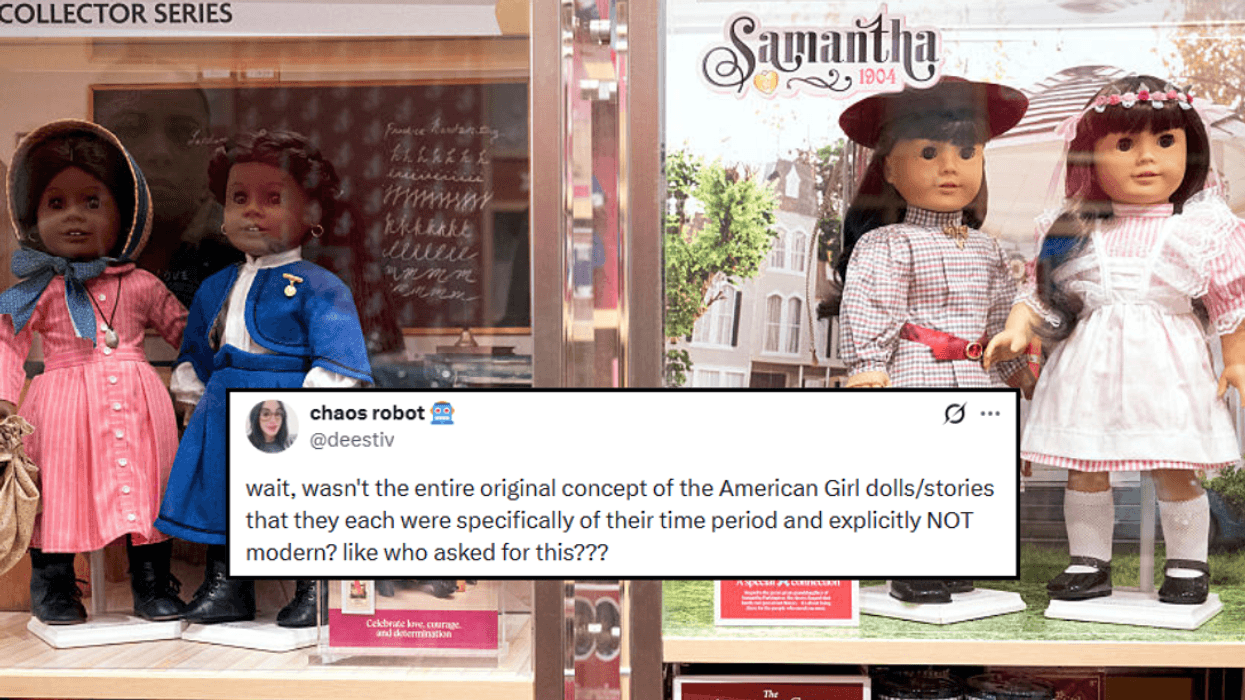
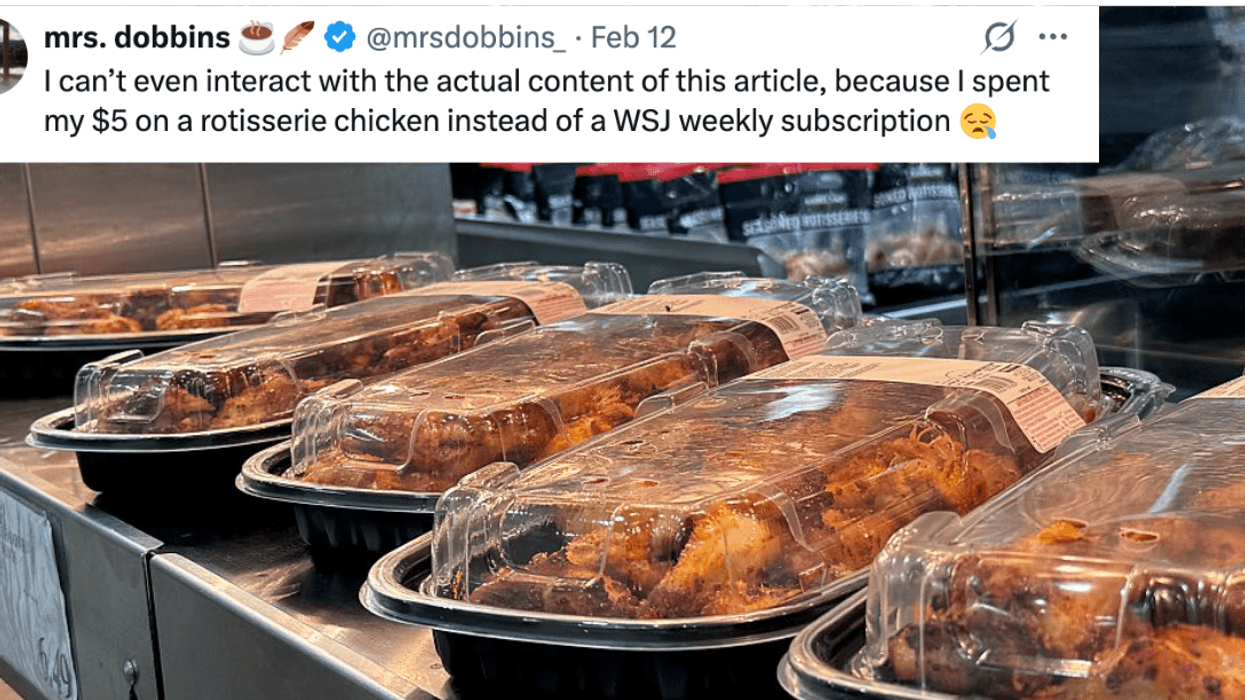

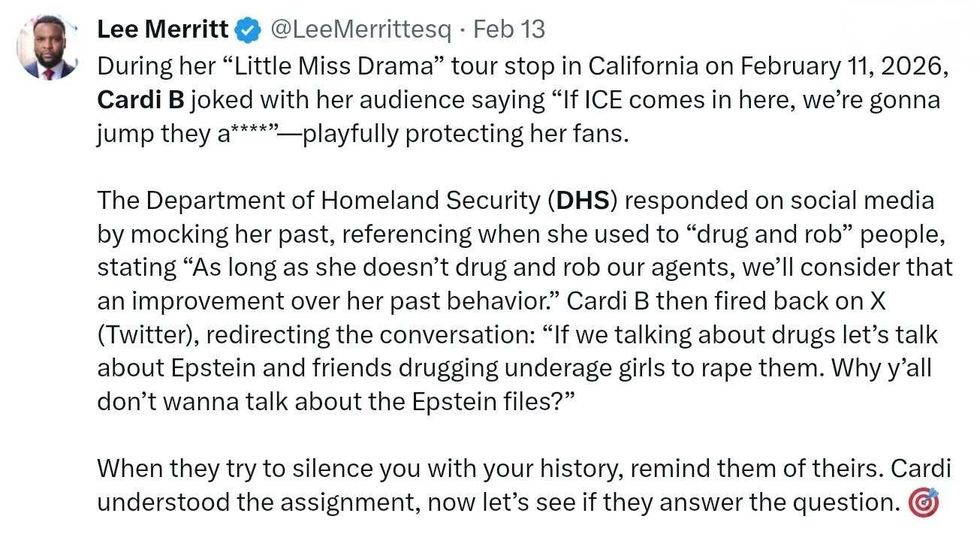 @LeeMerrittesq/X
@LeeMerrittesq/X @bob_moss/X
@bob_moss/X @jelanijones/Bluesky
@jelanijones/Bluesky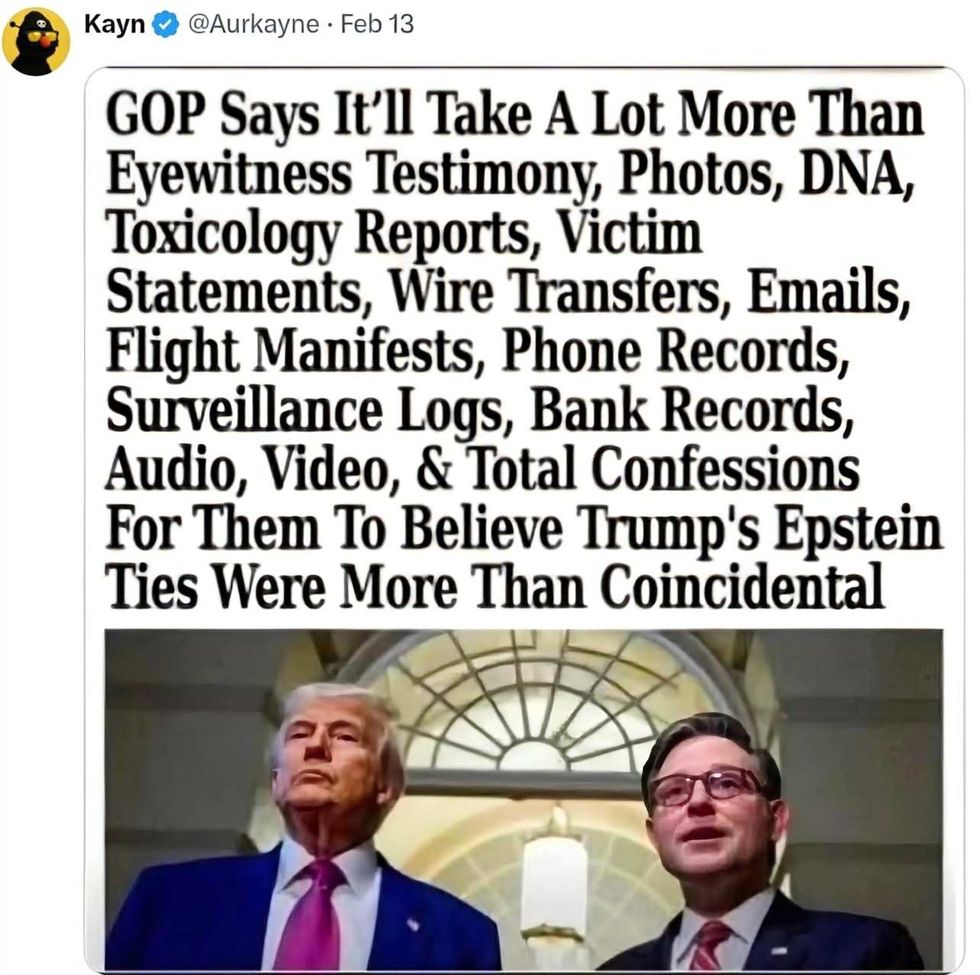 @Aurkayne/X
@Aurkayne/X @sadcommunistdog; @froglok/Bluesky
@sadcommunistdog; @froglok/Bluesky